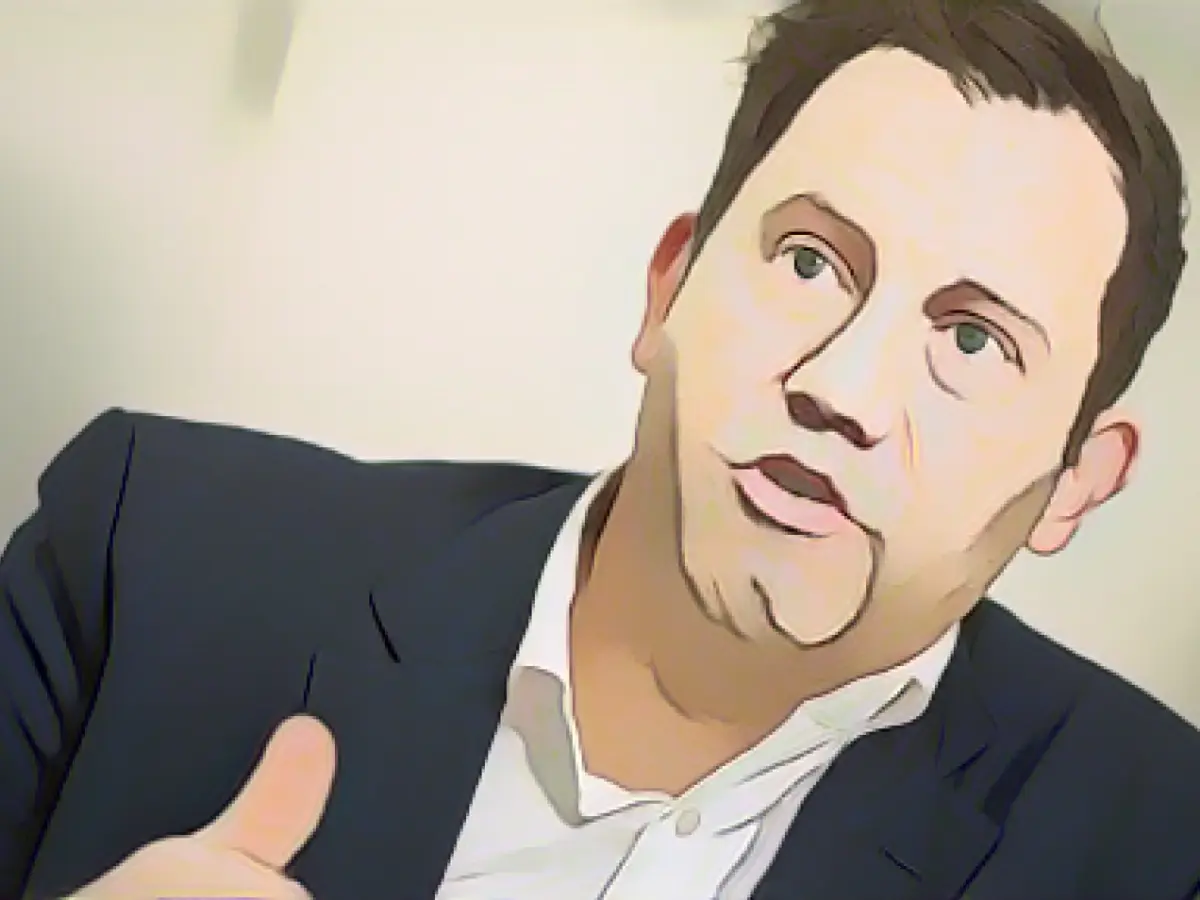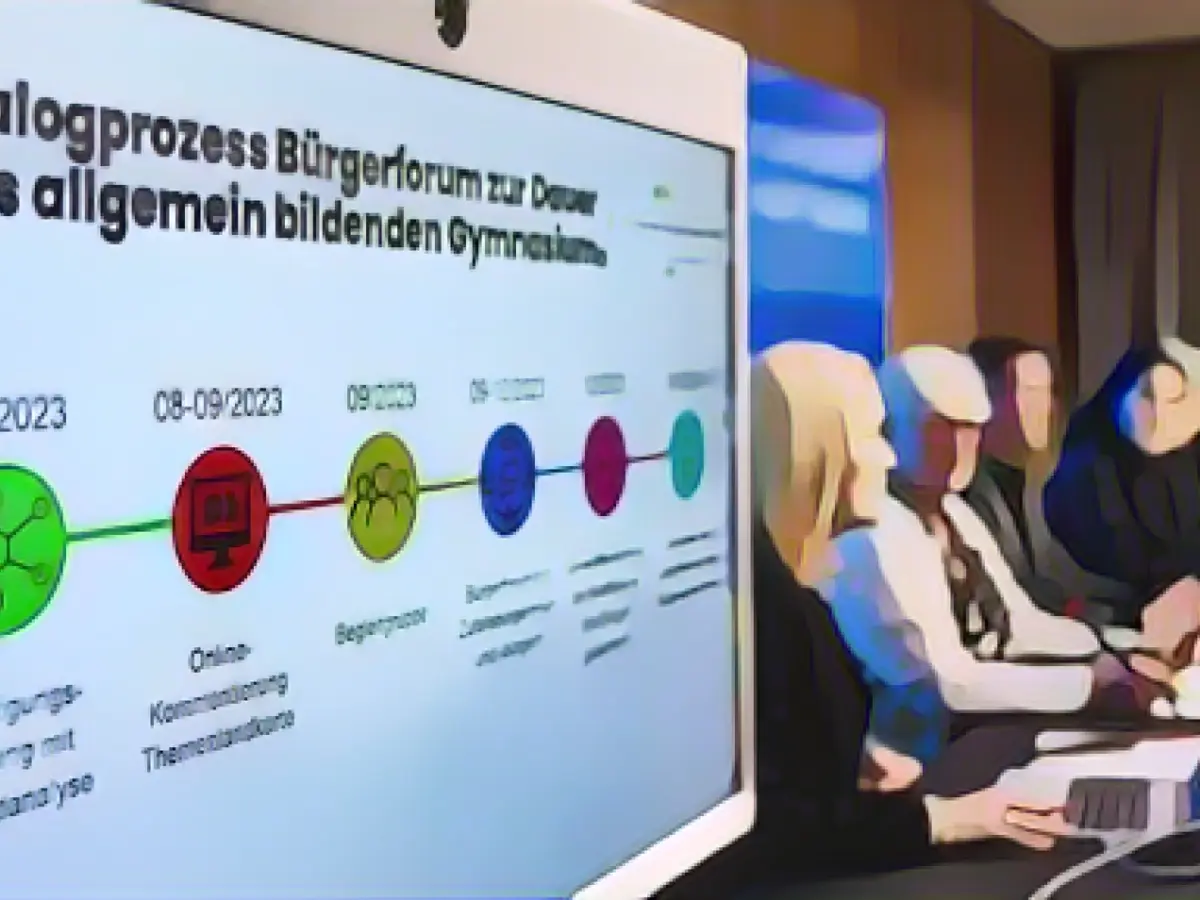Budget 2024 - Navigating the Crisis: A Coalition Effort
Germany's ongoing budget negotiations, led by Chancellor Olaf Scholz (SPD), Federal Economics Minister Robert Habeck (Greens), and Federal Finance Minister Christian Lindner (FDP), are critical to navigating the country's fiscal challenges. At a recent ARD program, SPD leader Lars Klingbeil highlighted the magnitude of this domestic political crisis, emphasizing that finding a solution is not solely within their control but relies on cooperation between the parties and parliamentary groups.
Klingbeil pointed out the renewed emergency situation caused by the war in Ukraine as one potential avenue to address the looming budget deficit. This perspective reflects the SPD's willingness to support continued aid in light of the threatening situation.
As the clock ticks, SPD budget parliamentarian Andreas Schwarz openly admits to uncertainty regarding the outcome of these negotiations. He suggested that a provisional budget might be a necessary solution, with a holding budget implemented at the beginning of the new year, only permitting necessary expenditure initially.
Amidst this uncertainty, key coalition partners like the FDP are also juggling their commitments. FDP politician Christian Lindner is expected to attend a European Union finance ministers' meeting in Brussels later this week.
Political parties must reach a fundamental agreement before the year's end to tackle the budget crisis. The chancellor, ministers, and coalition partners have jam-packed schedules, as Scholz will address the SPD federal party conference later this week.
The Karlsruhe budget ruling has compounded Germany's predicament, declaring a reallocation in the budget illegitimate. This has resulted in a shortfall of €60 billion over four years for climate protection projects and economic modernization. Moreover, the ruling has negatively impacted various credit-financed special funds, creating a €17 billion hole in next year's budget.
Bavarian Media Group Oberschwabische news reported that a special session of the Bundesrat on the supplementary budget for 2023 is planned for Thursday. While this may provide the federal states an opportunity to voice their opinions, no decision is expected to be made as of now.
Extra Insights:
- Rising energy costs and dependence on fossil fuels plague the federal government's budget, as Germany grapples with domestic political issues and ongoing geopolitical crises.
- Green initiatives and climate protection projects frequently top the political agenda, requiring significant financial commitments for their implementation and maintenance.
- The debt brake, a constitutional rule that limits the federal deficit to 0.35% of GDP, has been a subject of intense debate as parties weigh the need for investment against maintaining fiscal discipline.
- The COVID-19 pandemic and subsequent economic stimulus measures have exacerbated the budget crisis, while ongoing support for Ukrainian aid continues to pile pressure on the government's finances.
[1]
[2]
[3]
[4]
[5]
[6]
[7]
[8]
[9]





